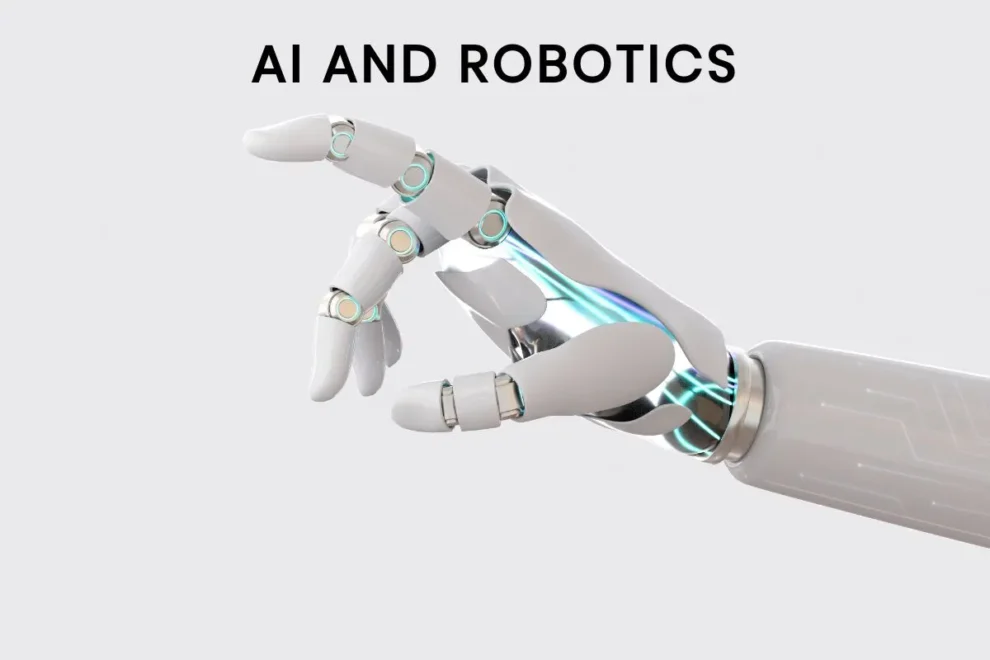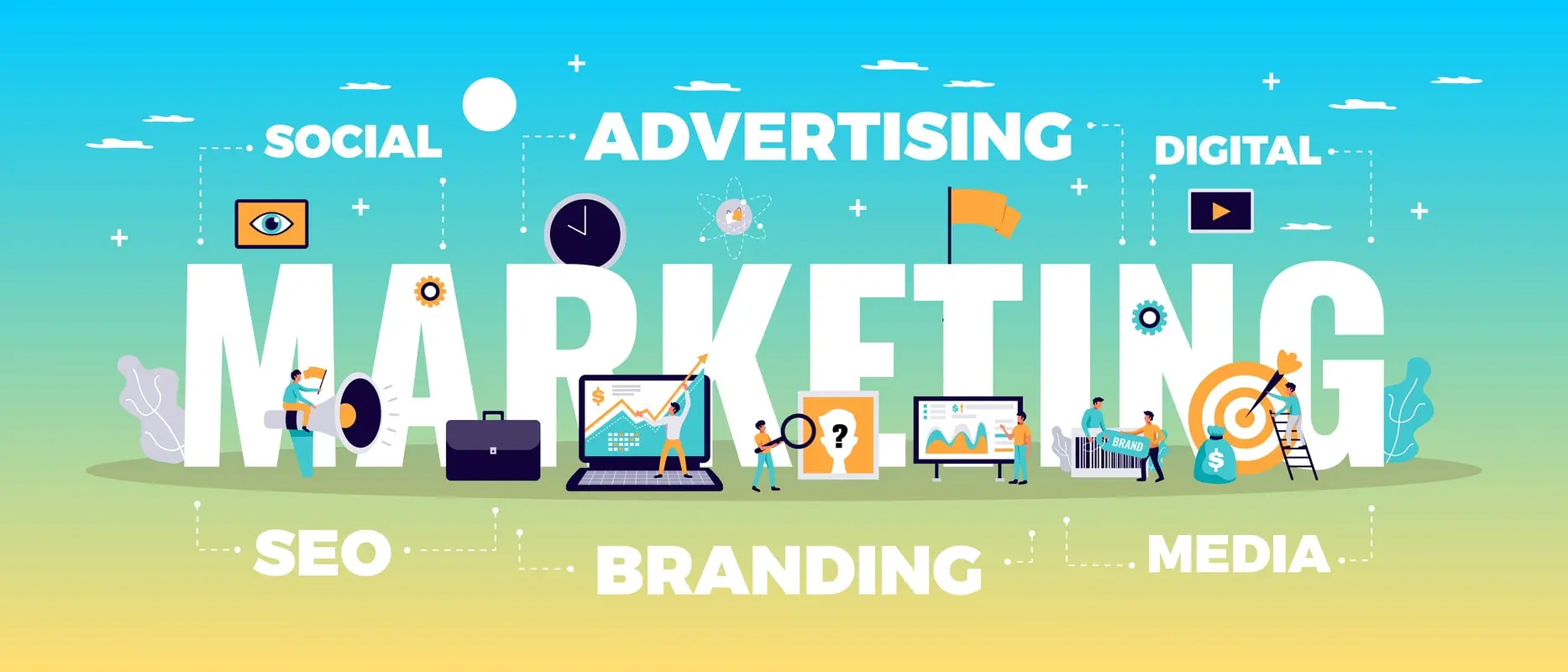
SARKARI RESULT
ALL LATEST CAREER NEWS 2024

SARKARI RESULT
ALL LATEST CAREER NEWS 2024
In recent years, the rise of artificial intelligence (AI) has sparked debates and concerns about its impact on the job market. Some argue that AI will lead to widespread job losses, while others believe it will create new opportunities and enhance productivity.

To understand the potential effects of AI on employment, it is essential to examine history and learn from previous technological advancements.
Throughout history, new technologies have often been met with fear and skepticism. The fear of job displacement is not a new phenomenon. In the early 19th century, the Luddites, a group of textile workers in England, protested against the introduction of automated weaving machines. They believed that these machines would destroy their livelihoods and lead to mass unemployment.
However, history has shown that the introduction of new technologies has not resulted in long-term job losses. Instead, it has led to the creation of new industries, new job opportunities, and increased productivity. The Luddite fallacy, named after the protests, refers to the mistaken belief that technological progress leads to permanent job destruction.
The Industrial Revolution, which began in the late 18th century, saw the introduction of steam power, mechanization, and mass production. While it did lead to job displacement in certain industries, it also created new jobs in manufacturing, transportation, and other sectors. The overall result was a significant increase in productivity and living standards.
Similarly, the advent of AI is likely to lead to job transformations rather than outright job losses. While some routine and repetitive tasks may be automated, new roles will emerge that require human skills such as creativity, critical thinking, and emotional intelligence.
Automation has been a constant theme in the history of technological advancements. From the assembly line to the introduction of computers, automation has disrupted industries and changed the nature of work. However, it has also created new job opportunities and shifted the workforce towards more complex and higher-skilled tasks.
AI, with its ability to analyze vast amounts of data, make predictions, and perform complex tasks, has the potential to revolutionize various industries. While some jobs may become obsolete, new roles will emerge that require expertise in AI and the ability to work alongside intelligent machines.
As AI continues to advance, it is crucial to invest in education and reskilling programs to ensure that the workforce is equipped with the necessary skills for the future job market. By focusing on developing skills that complement AI technologies, individuals can adapt to the changing nature of work and take advantage of new opportunities.
Additionally, governments and organizations need to prioritize lifelong learning and provide support for workers who may be affected by AI-induced job transformations. This includes offering training programs, promoting entrepreneurship, and fostering a culture of innovation.
While concerns about job displacement are valid, it is essential to consider the potential benefits of AI. AI has the potential to improve productivity, drive innovation, and solve complex problems. By automating routine tasks, it can free up human workers to focus on more meaningful and creative work.
Moreover, AI can enhance decision-making processes, optimize resource allocation, and contribute to the development of new products and services. This can lead to economic growth, job creation, and improved living standards.
History has shown us that technological advancements, including AI, have the potential to both disrupt and create jobs. While AI may automate certain tasks, it is likely to lead to the emergence of new roles that require uniquely human skills. By investing in education, reskilling, and embracing innovation, we can harness the potential of AI to create a future where technology and human workers coexist harmoniously.
The views expressed are personal.
Tags : freshers, job hunt, layoff season
The author, an ex-software developer and has expertise in tech field, leverages their tech background to provide insightful analysis and communicate complex ideas effectively.

By Suraj Sajdeva In the fast-paced and competitive world of real estate, technical knowledge and expertise are undoubtedly crucial for success. However, it is equally important to recognize the significance of soft skills in building a thriving career in this industry. While technical skills can help you navigate the intricacies of property transactions, it is…

Certifications Ease Career Path in Financial Leadership Roles In today’s competitive job market, having the right qualifications and certifications can make a significant difference when it comes to advancing your career in financial leadership roles. With the increasing complexity of the financial industry and the demand for highly skilled professionals, obtaining relevant certifications can provide…

Artificial Intelligence (AI) and Robotics are revolutionizing industries and reshaping the way we live and work. As these technologies continue to advance at a rapid pace, new career opportunities are emerging globally. From autonomous vehicles to virtual assistants, AI and Robotics are driving innovation and creating a demand for skilled professionals in various fields. 1….

Preparing for college entrance exams can be a challenging and overwhelming task. With so much at stake, it’s important to approach your preparation in a smart and strategic way. By implementing effective strategies, you can maximize your chances of excelling in these exams. In this blog post, we will discuss some valuable tips and techniques…

In today’s fast-paced and technology-driven world, digital marketing has emerged as one of the most promising career paths for individuals seeking growth and opportunities. With the rapid growth of the internet and the increasing reliance on digital platforms, businesses are investing heavily in digital marketing to reach and engage their target audience effectively. This article…

Strategies to Cope with Working Overtime By Suraj SajdevaTeamSarkariResult Working overtime can be exhausting and overwhelming, leaving you feeling burnt out and drained. The constant pressure to meet deadlines and complete projects can take a toll on your physical and mental well-being. However, there are strategies you can implement to help cope with the demands of…